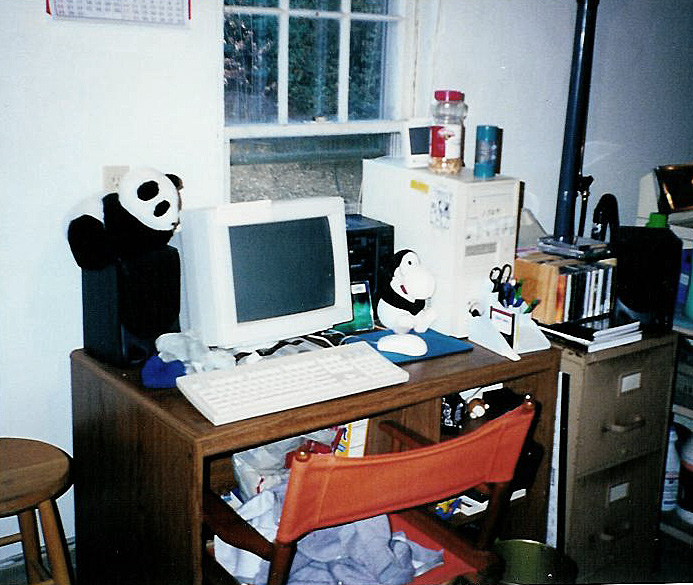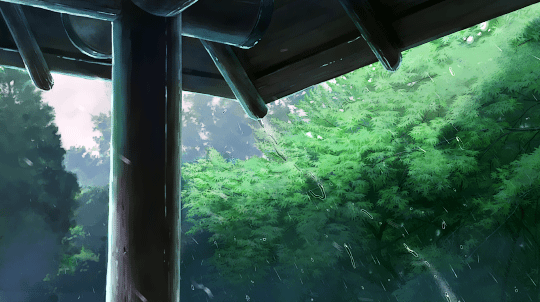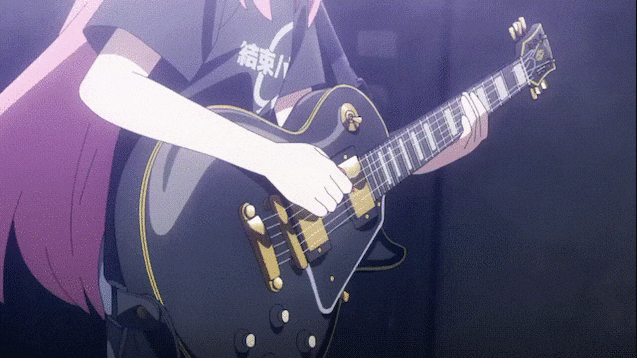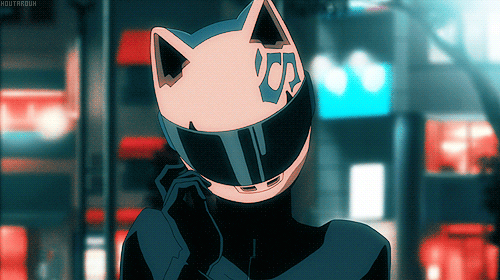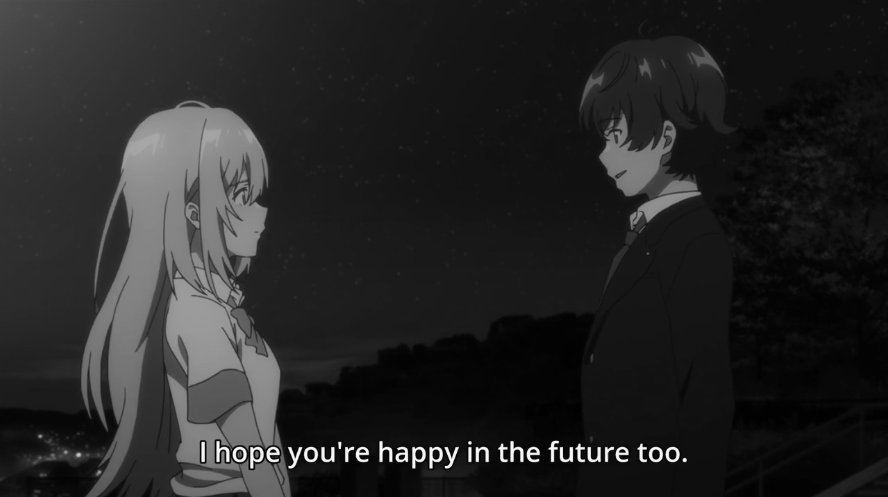I can’t find it right now but I know I have it somewhere: there’s a picture of this same shot of my desk in the Belfry, a staged and corny shot of me looking at the screen with my dad to my right, looking on. It appears like we’re having a serious discussion about a very important scene in my novel. [If I recall, the picture was shot around 2003, so that means I was working on The Balance of Light.]
I have a lot of memories of my family’s basement. Playing down there as a child when it was too rainy in the spring, too hot in the summer, and too cold in the winter. Being kind of freaked out as a kid by the cold and dusty semi-darkness of the back storage room where the big and scary oil heater was. The rumble of the washing machine and always being startled when the dryer loudly announced it was done. Listening to my records down there. And of course, writing The Phoenix Effect and then the three books in my Bridgetown Trilogy.
But what I remember most is that my dad had pretty much claimed the far north end of the basement as his research office. While he was primarily known about town as the local reporter for the Worcester Telegram & Gazette, he was more known locally as the guy who over several decades had acquired an overwhelmingly complex collection of books, notebooks, files, news clippings, pictures, maps, binders, and index cards, each of them containing an intriguing detail in the larger tapestry of the history of his hometown of Athol, MA. It was a lifelong project he’d started before I was born and continued long after I moved out of the house. None of it was digitized and all of it was cobbled together with tape and glue. He had a chicken-scratch handwriting and always used his old-school Royal typewriter.
He used to have all sorts of visitors over the years who would come over to borrow some of those files for their own research. He’d get college students writing papers, writers working on projects, local historians looking for things they’d missed elsewhere. The local library would sometimes point people in his direction if they weren’t able to help. And the collection kept growing, slowly blocking windows, taking up floor space, and reaching up to the ceiling. And occasionally getting knocked over by cats. [For the record, nearly all of this collection is now found in a reference room of said local library, dedicated to his work.]
He had this very old radio on his desk that he’d often use to listen to swing jazz and classical music, always with more bass than treble. He was a big fan of big band leaders like Glenn Miller and Benny Goodman. [That radio was so old that it would crackle with fierce static every time he turned it on.] He always had music going when he worked. Even when he was at his day job office downtown, he had a radio there as well. He was a pretty good piano player as well; he’d often play standards on our family’s piano and later on one of the electronic keyboards we owned.
I moved my desk down cellar in early 1996 when I’d moved back home and had acquired my first PC, and he was just fine with me staking my own little corner down there at the opposite end of the room, right near the door to the garage and the stairs leading up to the main part of the house. He knew I wasn’t going to be a reporter, and I’d told him many times that I was not interested in that style. But he was just as glad that I’d chosen a somewhat similar creative path, writing fiction. [We never called it ‘the basement’ but ‘down cellar’, definitely a New Englandism.]
Some nights we’d be working at opposite ends of the room, our music sometimes dueling with each other (I was acquiring a massive music collection at the time that would soon overwhelm that back storage room). We were both writers working on what we loved doing most, perfectly happy doing so without much conversation. Some days he’d be down there until late at night, and some days I’d be down there until the wee hours.
One of the last conversations I had with him over the phone was right around Christmas. Whenever we spoke on the phone, he always asked how my writing was coming along. He was proud of the fact that I was still working at it years later, that I’d self-published several novels, seen my dream career all the way through to that level. He always had some kind of writing advice: don’t overedit, know when you’ve done enough research and when to start doing the actual writing, and always make sure you enjoy doing it. And above all, always write what’s true to you.
Thanks, Dad. Best writing advice I ever got.
Richard Chaisson 1935-2024



